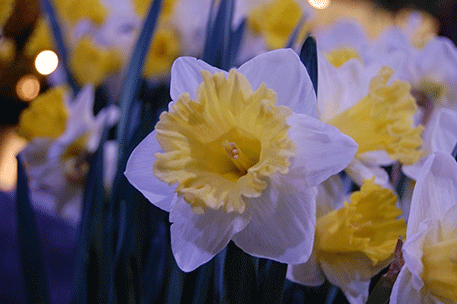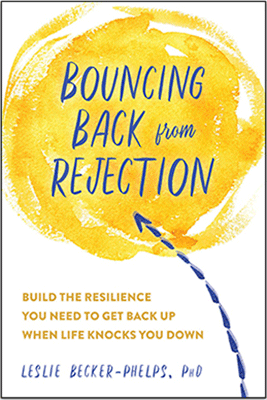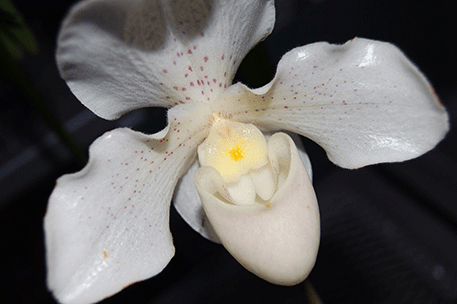
Compassionate self-awareness nurtures connection, well-being, and resilience
“Confront the dark parts of yourself, and work to banish them with illumination and forgiveness. Your willingness to wrestle with your demons will cause your angels to sing. Use the pain as fuel, as a reminder of your strength.”
—August Wilson, American playwright
To get the most out of the worksheets and finally free yourself from insecurity, purchase my books:
STEAM Worksheet Example
Curious how STEAM creates change? This example worksheet shows how awareness uncovers patterns, deepens understanding, and fosters growth. See it in action and apply insights to your own journey! [Download]
What is compassionate self-awareness?
It’s a basic truth that people want to be happy.
It’s also true that people are social creatures, biologically wired to connect with—or attach to—others. They develop attachment styles that can facilitate or obstruct their ability to develop strong, positive relationships with themselves and others. When all goes well, they tend to experience a sense of well-being. However, when insecurity undermines emotional wellness, it can be difficult to know how to feel better. This is where compassionate self-awareness can help.
How to Feel Better with Compassionate Self-Awareness
Just as a broken bone heals when it is set in a cast, your emotional pain heals when the proper care is applied to it. One very powerful healing agent is compassionate self-awareness, which means being self-aware from a compassionate perspective.
Use these downloadable worksheets to learn how to develop compassionate self-awareness – and compassionate awareness of others – through the five basic domains of STEAM: Sensations, Thoughts, Emotions, Actions, and Mentalizing.
Gain Self-Awareness through STEAM
Struggling with insecurity or self-defeating patterns? Change starts with self-awareness. Explore Sensations, Thoughts, Emotions, Actions, and Mentalizing (STEAM) to develop compassionate self-awareness—your key to healing and growth. Learn more in this info sheet! [Download]
STEAM Worksheet
Break free from destructive patterns with this STEAM worksheet! Develop compassionate self- and other-awareness to feel more secure in yourself and your relationships. Follow the prompts for clarity and meaningful change. Start your growth journey today! [Download]
Photos by: Elijah Phelps
-
It is essential to understand that compassionate self-awareness is only part of the journey toward feeling secure. Compassionate other-awareness is also essential to nurture healthy relationships with others, fulfilling our need for connection.
Ultimately, by connecting authentically with ourselves and others in an accepting and loving way, we create fertile ground where a sense of well-being and happiness will naturally grow.
Thank you for taking the time to read about compassionate self-awareness. You can learn more about it in my books, Insecure in Love, Bouncing Back from Rejection, and The Insecure in Love Workbook. Also, please check out the many free resources on my website related to nourishing emotional well-being. I hope they help you on your healing path.








